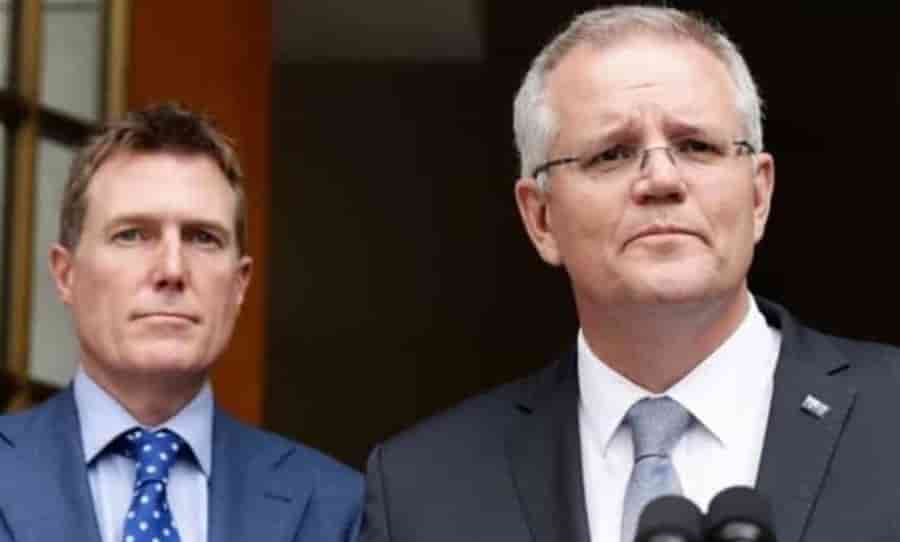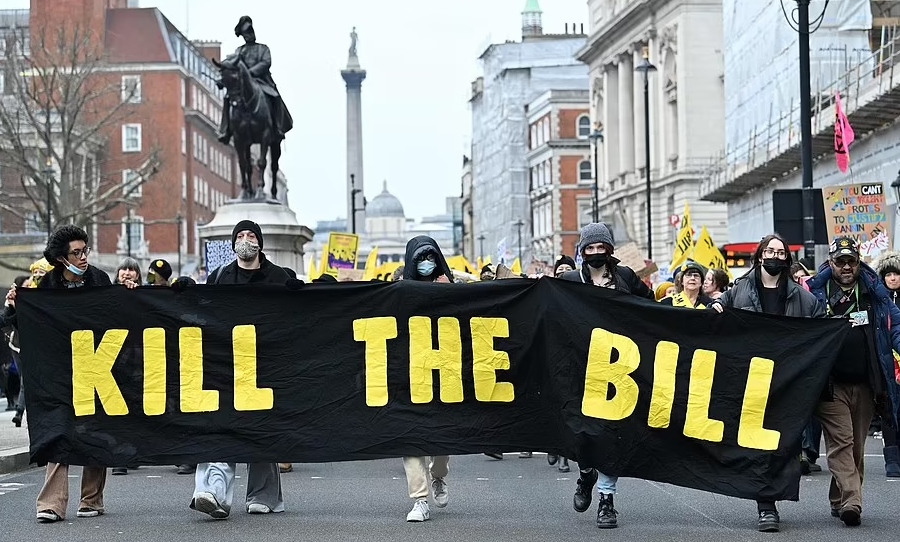A draft for the revision of Australia’s Religious Discrimination Bill has been released and is already facing large public backlash. The revisions proposed in the bill seem to be a huge step backwards in terms of providing safe, equitable boundaries for Australians in many of our public sectors.
But specifically we are interested in how medical services could be free to discriminate if the bill passes, and what you could be subjected to under these new proposals.

Unless the law prevents it, medical services will be permitted to diligently object to providing a health service under the religious freedom amendments.
There will be a huge number of ways the proposed bill will allow for medical services and practitioners to dictate the way in which health care support is provided dependent on their religious views. Discrimination of this kind and scale could have wide ranging impacts on the public, but particularly for women and individuals who identify within the LGBTQI+ community.
The propositions made in the bill have been condemned by two of Australia’s most iconic household names Ian Thorpe and Laura Jackson who have released a video statement in response.
“A bill has been drafted that threatens to divide our communities. The Religious Discrimination Bill will give people a licence to discriminate,” was said by Thorpe.
“The bill would mean we’re less protected under the law. It will leave us all vulnerable,” comments Jackson.
So just how vulnerable would the intended bill leave Australians seeking medical service provision and how significant would the effects be? We’ve listed below just three of the most monumental ways in which the proposed bill could impact you.
- A doctor could refuse to acknowledge the gender identification of a trans person if it did not adhere to the medical professional’s own religious belief
- A pharmacist could refuse to dispense the morning after pill or deny providing hormone medication to a person in transition if it conflicts with their faith
- A medical practitioner could refuse to partake in an abortion if it contradicts their own religious belief, even if the pregnancy had resulted due to sexual assault



